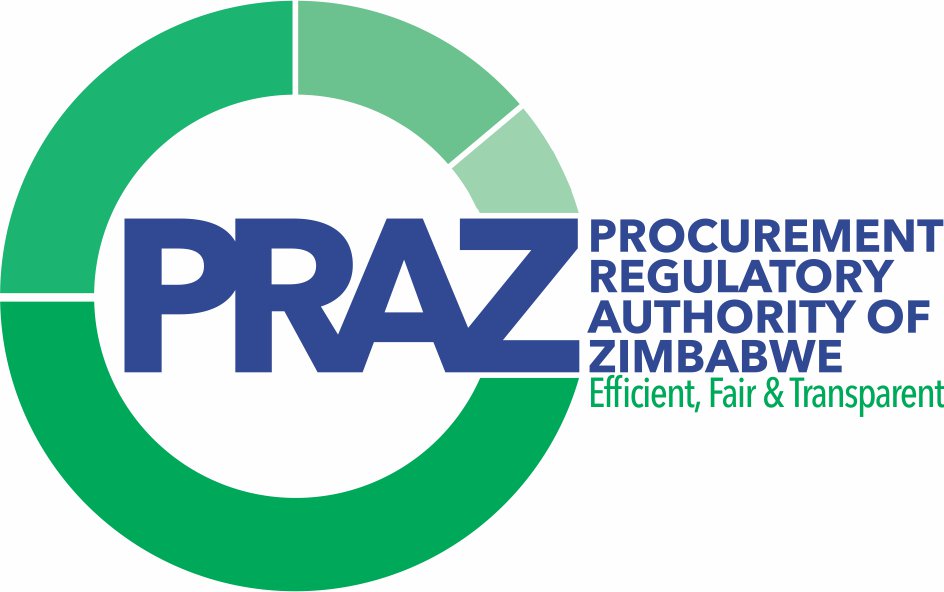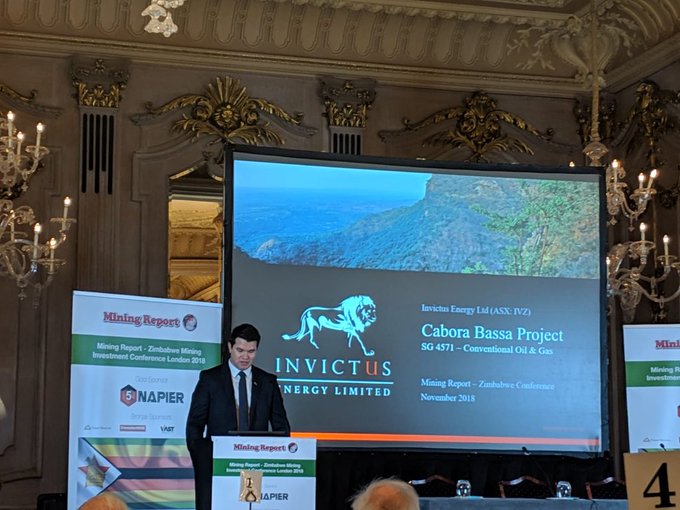Invictus Energy oil agreement okayed
INVICTUS Energy, the Australia Stock Exchange (ASX) listed firm exploring for oil and gas in Zimbabwe’s Muzarabani area, has received an inter-ministerial approval for its petroleum development and production agreement (PEDPA), which sets the terms and rights of all parties.
This comes after Invictus recently said it had received a non-binding offer for a farm-in agreement to the Cahorra Bassa prospective area, located in the Muzarabani area.
The PEDPA with the Government provides the framework for progression and development of the oil and gas project, terms and rights of all parties, including each part’s entitled share of the product, assuming commercial discovery.
The PEDPA between Geo Associates, majority shareholder in Invictus Energy, and the Government of Zimbabwe, was reviewed by the Inter-Ministerial Committee established to review the agreement and has been recommended for approval.
“The Petroleum Exploration Development and Production Agreement (PEDPA) between Geo Associates and the Republic of Zimbabwe, was reviewed by the Inter-Ministerial Committee
established to review the agreement and has been approved,” Invictus said in an update statement.
The PEDPA provides the framework for progression of the Cahora Bassa (Muzarabani) Project through the exploration, appraisal, development and production phases and the obligations and rights of each party over the project life cycle.
Invictus said earlier the farm-in offer for the proposed transaction is subject to completion of further technical, legal and commercial due diligence by both parties, approvals and agreements by the Government of Zimbabwe and execution of binding farm out agreement(s).
Farm-in agreements are contractual arrangements common in the Australian exploration sector.
Typically, the owner of an interest in a tenement (farmor) agrees to transfer a percentage of their interest to another party (farmee) if the farmee meets specified exploration commitments or contributes a defined level of expenditure towards exploration activities.
The Australian resources company said after receiving the final approval of the agreement the PEDPA now awaits execution.
Invictus also said it was working on a petroleum product sharing agreement (PPSA), which contains the fiscal provisions of the project, including the Republic of Zimbabwe’s profit/product share, and takes effect following the commencement of the production phase of the project.
The PPSA is undergoing independent review, which is expected to be completed early in the new year, following which the PPSA is expected to be finalised and executed.
Together, the PEDPA and PPSA form the Production Sharing Agreements (PSA) between Zimbabwe and Geo Associates and, Invictus said, demonstrates the Government’s commitment to implementing investor friendly reforms and promoting and protecting foreign investment.
The PSA will ensure that a predictable, stable and transparent legal and fiscal regime is put in place that is commensurate with terms in the region, follows international best industry practice, meets the country’s aspirations and provides investors and the country with a fair share of any developed resources.
Invictus said following the completion of the field reconnaissance programme and receipt of submissions from multiple vendos, the company had selected its preferred contractor to undertake a seismic acquisition campaign in 2021.
The company will commence detailed planning post formal contract award to enable the acquisition campaign to commence following the conclusion of the rainy season.
The company is planning to acquire a minimum of 400 km line of 2D seismic which exceeds the work programme obligations for the current (2nd) exploration period.
Invictus Energy is an independent oil and gas exploration company focused on high impact energy resources in sub-Saharan Africa. Its asset portfolio consists of a highly prospective 250 000 acres within the Cahora Bassa Basin in Zimbabwe.
Special Grant 4571 contains the world class multi-trillion cubic feet (TCF) Muzarabani and Msasa conventional gas-condensate prospects. -ebusinessweekly.co.zw











